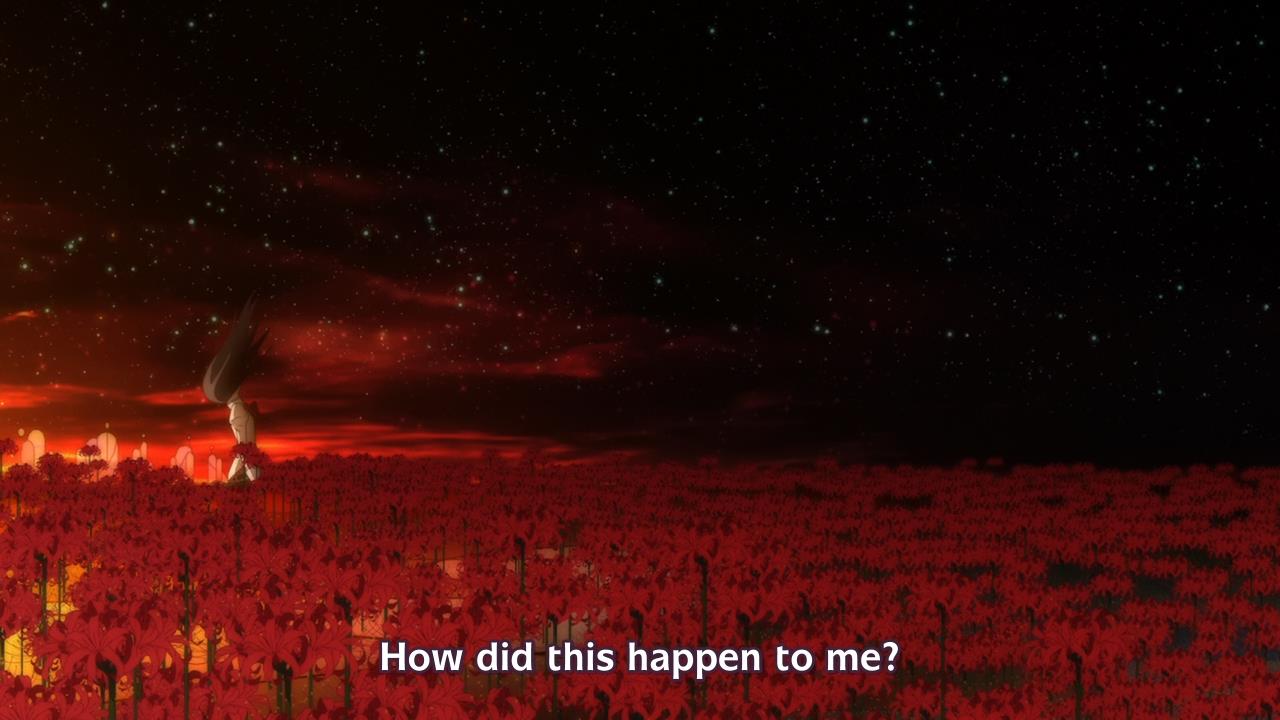Management: As always, I rephrase original questions if it’s necessary to make my responses make sense out of the context of a conversation. None of these questions are meant to represent one specific person, they’re just stand-ins for the conversations that provoked my responses.
Question:
Do you believe the necessity of censorship in what can be shown on television is hurting Attack on Titan? It seems like the camera has cut away from extreme violence pretty regularly so far.
Bobduh:
I don’t think it’s really being censored; frankly, I can’t imagine they could really go much further than they currently are and not have it devolve into self-parody through its extreme nature.
I generally feel that less is more when it comes to this brutal stuff, since I’d hope the point is generally to convey the effect this violence is having on the characters involved, and not just to portray brutal stuff for the hell of it. The scene where Eren saw Misaka’s parents is a good example of this – the door opens, then there’s a quick series of cuts: blood on the windows, blood on the door, a distant, obscured shot of the room, and then a reaction shot. All the information is conveyed in a way that draws the viewer directly into Eren’s overwhelmed perspective, and tying violence to characters you’re supposed to empathize with always makes it land as more personal and visceral than just showing the viewer some gore.
In fact, I think popcorn slasher films use this truth for the opposite effect – they keep the characters impersonal and generic, and the violence hyper-visible and ridiculous, to ensure the viewer is normally at a safe, removed distance from the proceedings. Whereas truly effective horror films imply a great deal more than they reveal (getting the viewer’s imagination to do the work), and tie the viewer very closely to characters who’ve been well established, making the viewer much more personally involved and thus much more vulnerable. And there are a ton of effective spins on this mechanism – for instance, Battle Royale combines stylized violence with melodrama to create a little distance and make the viewer’s experience more akin to an adventure film than a horror film, as well as ensure the film’s underlying ideas aren’t overwhelmed by character focus.
The use of violence in media has to fall in line with that media’s goals if it doesn’t want to result in viewer disconnect, and I think that if Titan’s goal is to make you empathize with the characters, it needs to always be in control of that, imply at least as much as it shows, and save the ultraviolence for only when it’ll be truly effective. I actually think it’s gotten a lot better about this, but I think it had much less control early on, and it’s always a balancing act.
Like this:
Like Loading...


